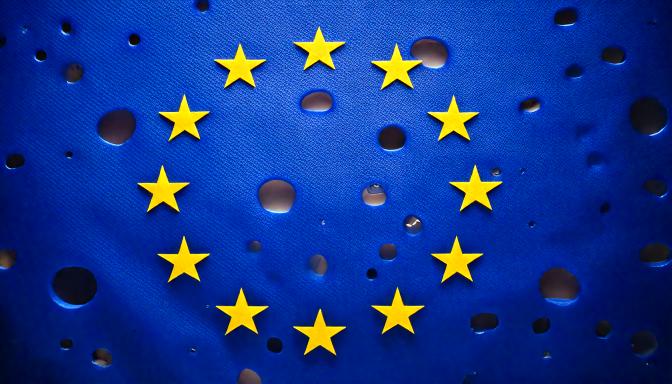The European Commission is raising concerns over potential loopholes in EU regulations that allow large tech companies to bypass certain rules. The overlap of the Digital Services Act (DSA) with various national laws across the EU has opened gaps that major platforms can exploit, affecting enforcement and creating inconsistency. The EU faces several, multifaceted obstacles in managing AI governance and regulatory oversight.
What’s Happening & Why This Matters
The DSA, effective since August 2024, aims to protect users by enforcing content moderation and assessing risks on platforms, targeting very large online platforms (VLOPs) with over 45 million monthly EU users. However, around 24 national laws across the EU reference and integrate parts of the DSA, which the European Commission warns could complicate enforcement. These duplications allow tech companies to navigate around certain rules by exploiting differences in national regulations, weakening the overall effectiveness of the DSA .
The Commission has voiced concerns that duplicating DSA provisions in various pieces of legislation not only muddles enforcement but also provides VLOPs with legal ambiguity they can leverage against regulators. According to the European Commission’s diplomatic minutes, this overlapping regulatory framework benefits major platforms, as they can challenge enforcement more effectively due to the fragmented legal procedures.
Current Compliance, Investigations, and AI Digital Content
To date, 25 platforms meet the criteria for VLOPs under the DSA, including social media giants and marketplaces such as TikTok, X (formerly Twitter), and AliExpress. Enforcement of the DSA has begun with eight investigations into potential non-compliance, highlighting the EU’s intent to monitor and regulate large platforms actively. However, the Commission has found obstacles as some member states (including Belgium, Spain, and Sweden) have yet to establish or empower national authorities to implement the DSA fully. These in-actions add to the complexity of effective regulation.
With Finland’s Henna Virkkunen taking on the role of overseeing DSA implementation in the incoming Commission, new regulations addressing AI, online advertising, and protections for minors are expected. The new guidelines attempt to strengthen the EU’s digital protections but will require careful alignment to avoid the similar overlap and enforcement gaps. The Commission has already notified countries like Czechia, Cyprus, and Portugal about their compliance shortfalls to maintain worthy regulatory standards despite current notable shortfalls.
TF Summary: What’s Next
The Commission’s concerns indicate the need for streamlined, cohesive regulations that prevent legal loopholes benefiting tech bad actors. As the EU implements digital AI governance initiatives, clarifying procedure and filling gaps is mission critical to ensure transparency and accountability. The DSA and related regulations’ effectiveness strongly depend on coordinated efforts across member states. Decisive protocols enables the EU to enforce a unified approach to tech oversight.
— Text-to-Speech (TTS) provided by gspeech


